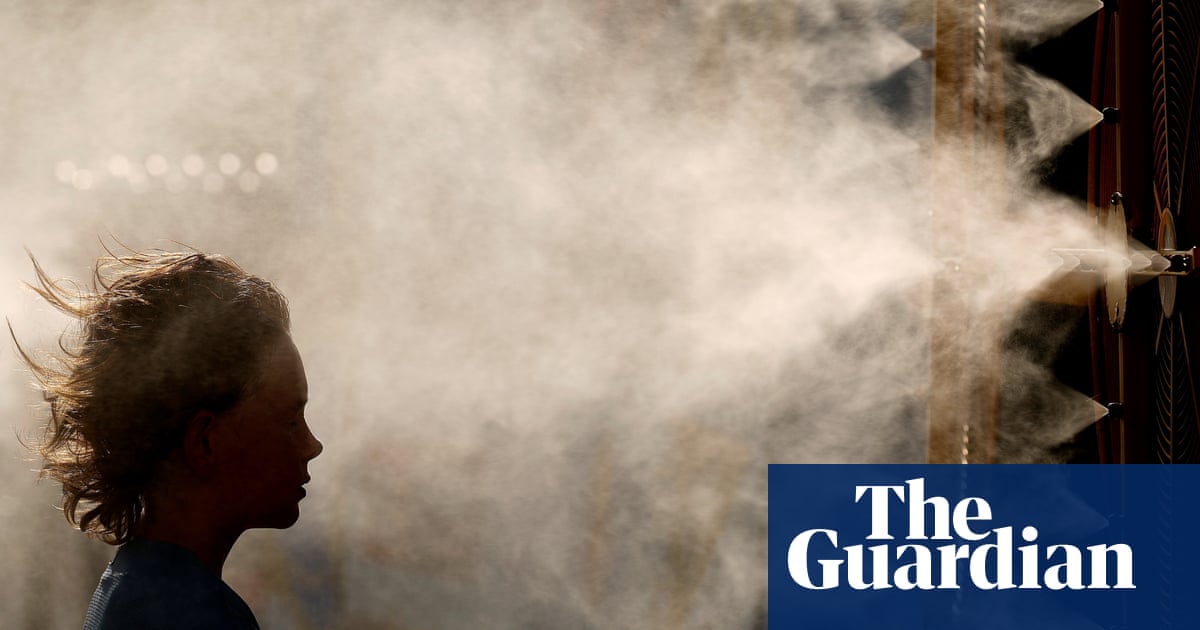One of the most scenic and nature-rich spots in western England could be protected for ever in a boost for the curlew, cuckoo, lapwing and snipe that nest there.
Betchcott Hill has views across much of the county and its mix of grassland, wet flushes, woodland and heath sings with the calls of endangered birds in spring.
The 50-acre upland site is in the heart of the Shropshire Hills national landscape (formerly area of outstanding natural beauty) but has never enjoyed legal protection.
Now Shropshire Wildlife Trust is closing in on its biggest-ever fundraising target to save the hill for the nation and have funds to enhance its potential for wildlife.
“It’s got a wonderful mixture of things that make it great – it’s got some special species like curlew and lapwing and brown hare. It’s also got a lovely range of habitats,” said Tom Freeland, the head of nature reserves for the trust. “It’s in a real sweet spot in the landscape, in the Shropshire Hills, where the Long Mynd and Stipperstones ridges meet. It’s a crucial stepping stone for nature and it’s also got the potential to be better – that’s one of the key reasons we want to take it on.”
The grassland has been low-quality grazing for sheep and is not very biodiverse but the trust plans to introduce more nature-friendly grazing with cattle – moving them around the site with no-fence collars – and spread local green hay (containing wildflower seeds) on the grassland to increase its floral diversity.

Two target species are the rare bilberry bumblebee and the small pearl-bordered fritillary butterfly, both of which were once found on the site but have not been seen in recent years. Both are likely to rediscover the hill when the grassland is managed for wildlife.
The trust also wants the hillside to hold more water, increasing the wet flushes and patches of taller rushes, which in turn helps provide crucial cover for young curlew, allowing them to avoid predation.
The breeding pair of curlew which uses the hillside in summer have not fledged young successfully for several years, with avian predators posing a particular problem. The trust is going to look at how it can tackle this problem and help the birds. Patches of longer grassland can help chicks hide, and better-quality habitat is likely to boost breeding success for other ground-nesting birds as well.
While ensuring sensitive parts of the site are protected for ground-nesting birds during the breeding season, the trust said it also wants to enhance public access to the site, opening new trails so that people can enjoy it.
“You can see quite a lot of the county from Betchcott Hill, and it’s a place we want people to be inspired by,” said Freeland. “It’s really important that we inspire people to take action for nature. We’re not about putting up fences and keeping people out of nature.”
The trust has raised £975,000 from grants and big donors to buy the site, and has until 31 December to raise the remaining £138,000 via its online fundraiser.

.png) 2 weeks ago
10
2 weeks ago
10













































